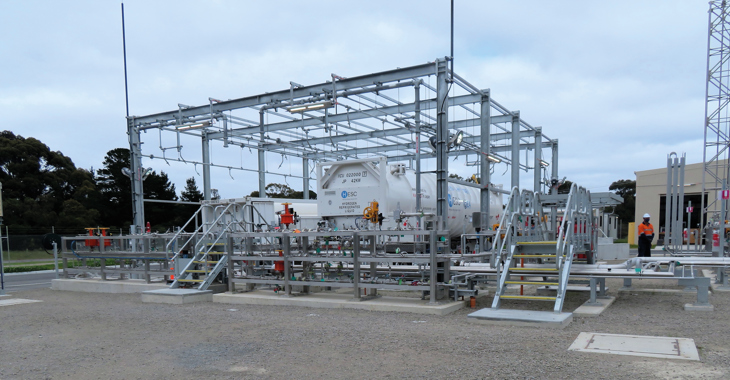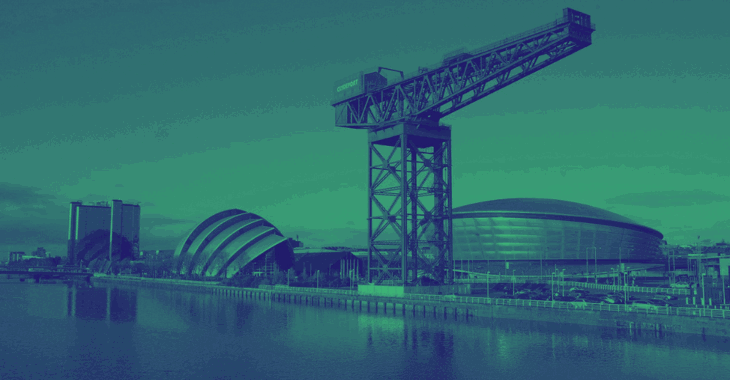Addressing climate change is a major challenge of the 21st century, with the UK aiming to achieve net zero by 2050. Meeting net zero is an unprecedented challenge that requires concurrent, coordinated transformation of multiple vital and interconnected infrastructure systems - from transport and housing, to agriculture and heavy industry. Engineering expertise will be central to delivering a transition to prosperous and sustainable society.
In January 2020, the National Engineering Policy Centre began a programme of work to explore, inform, and advise policymakers on some of the hardest cross-cutting challenges and the opportunities that need to be addressed. Since its inception, the project has explored three key areas where engineers can contribute key insights to achieving net zero:
- Applying engineering principles to decision making
- Applying a systems approach to achieving net zero across whole sectors
- Providing technical engineering insight on the role of individual technologies

Low-carbon fuels for shipping and maritime transport
A new report exploring the implications of meeting all the UK’s maritime fuel demands from renewable energy sources.

Enabling a decarbonised electricity system
Explore the NEPC programme on decarbonising electricity in Great Britain.

Hydrogen
A comprehensive understanding of how low-carbon hydrogen could contribute to achieving net zero.

Critical materials
A new report from about resource efficiency and demand reduction for critical materials to support the UK’s existing Net Zero Strategy.

Low regrets decision making
Read our framework for making rapid decisions in the face of uncertainty

Decarbonising Construction
What is needed from different stakeholders to decarbonising the construction industry?

System impacts of aviation fuel switching
Summary of an NEPC workshop exploring the needs and impacts of a range of aviation fuels on other systems

Foundations for a net zero recovery
Opportunities for decarbonisation following the COVID-19 crisis

Getting to net zero video explainers
Introducing a new approach to transforming infrastructure for net zero
What we can do for you
We advise policy teams in government and elsewhere on systems approaches to net zero through workshops and papers, and engage widely and inclusively with a range of stakeholders who are crucial to delivering net zero.
If you are working on joining up the net zero dots and making a systems approach happen, or need help navigating this landscape, we want to hear from you.
Related Projects
Engineering a Greener Future
Through our support for research and innovation and our work to influence policy, we continue to advance and promote th…
Sustainable living places
Case study for how systems dynamics can be usefully applied to policymaking
